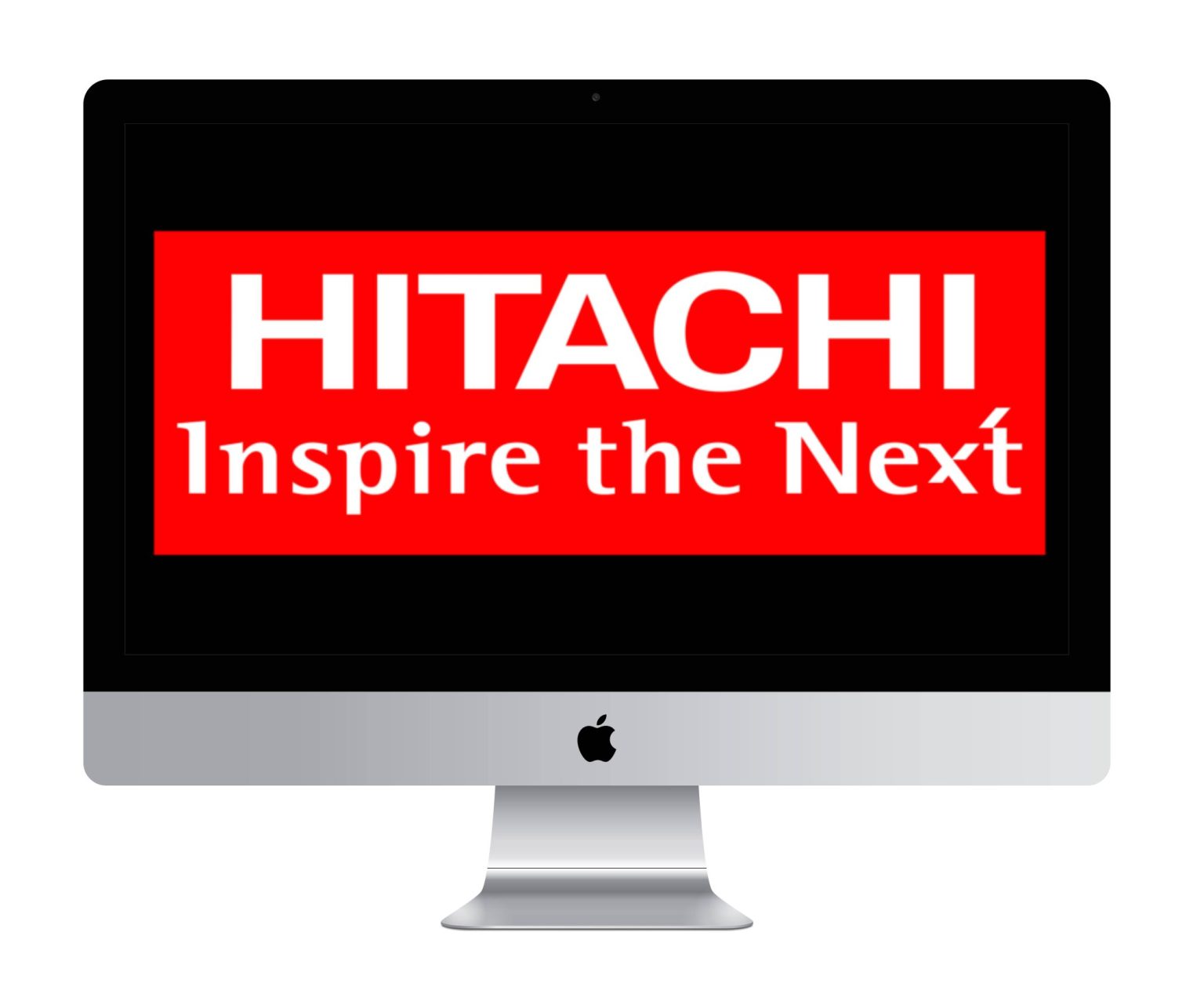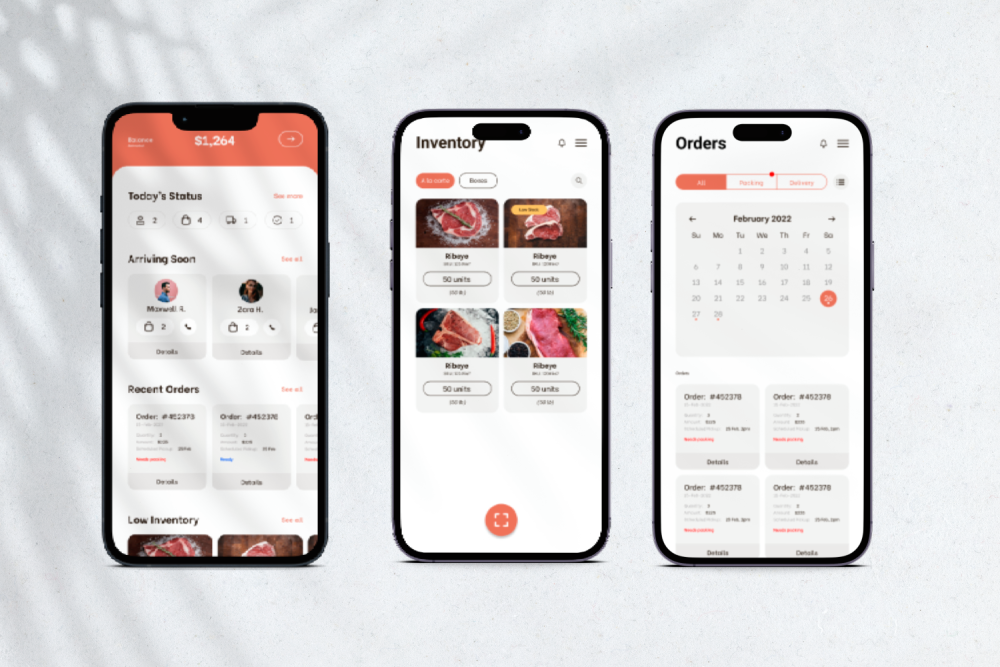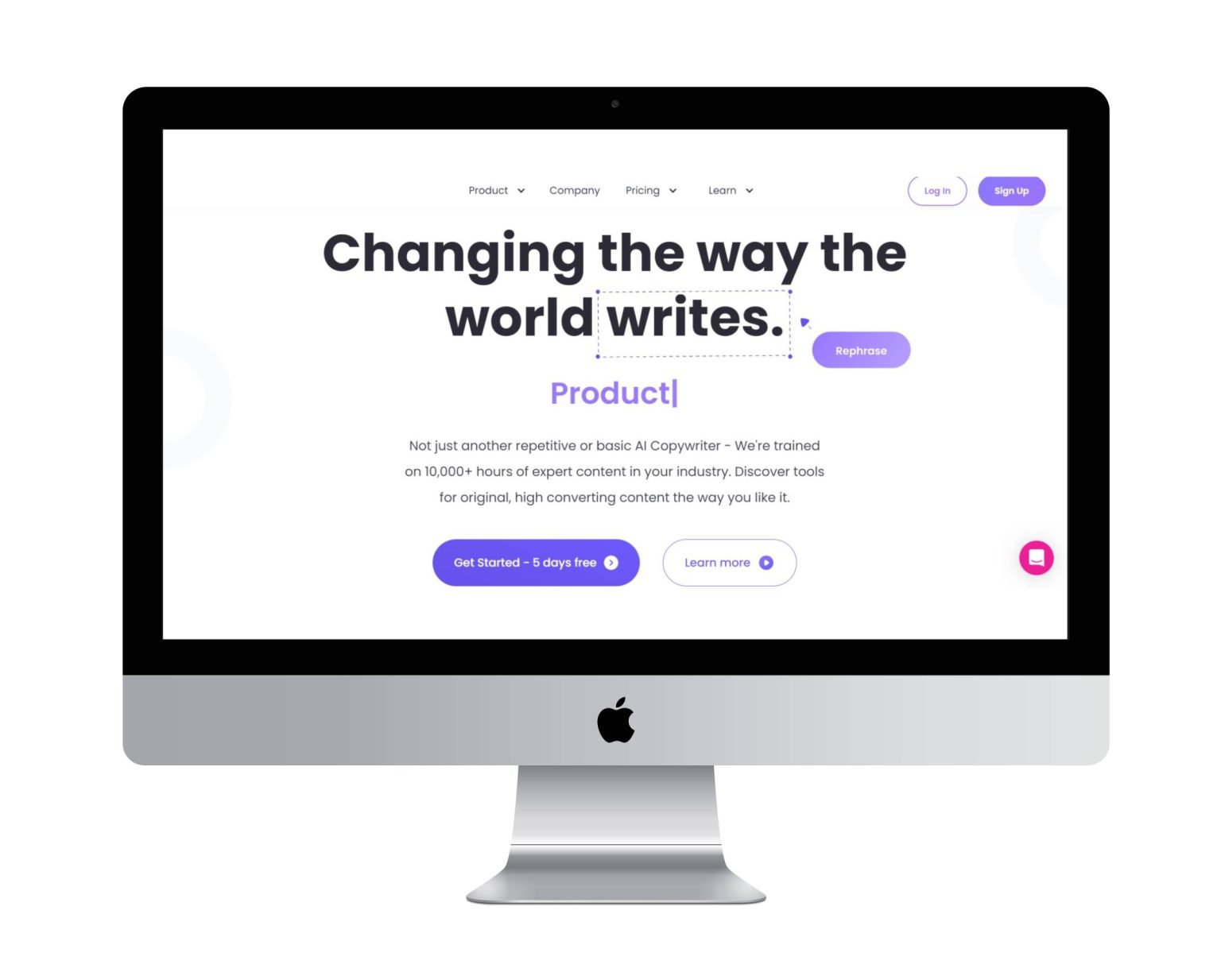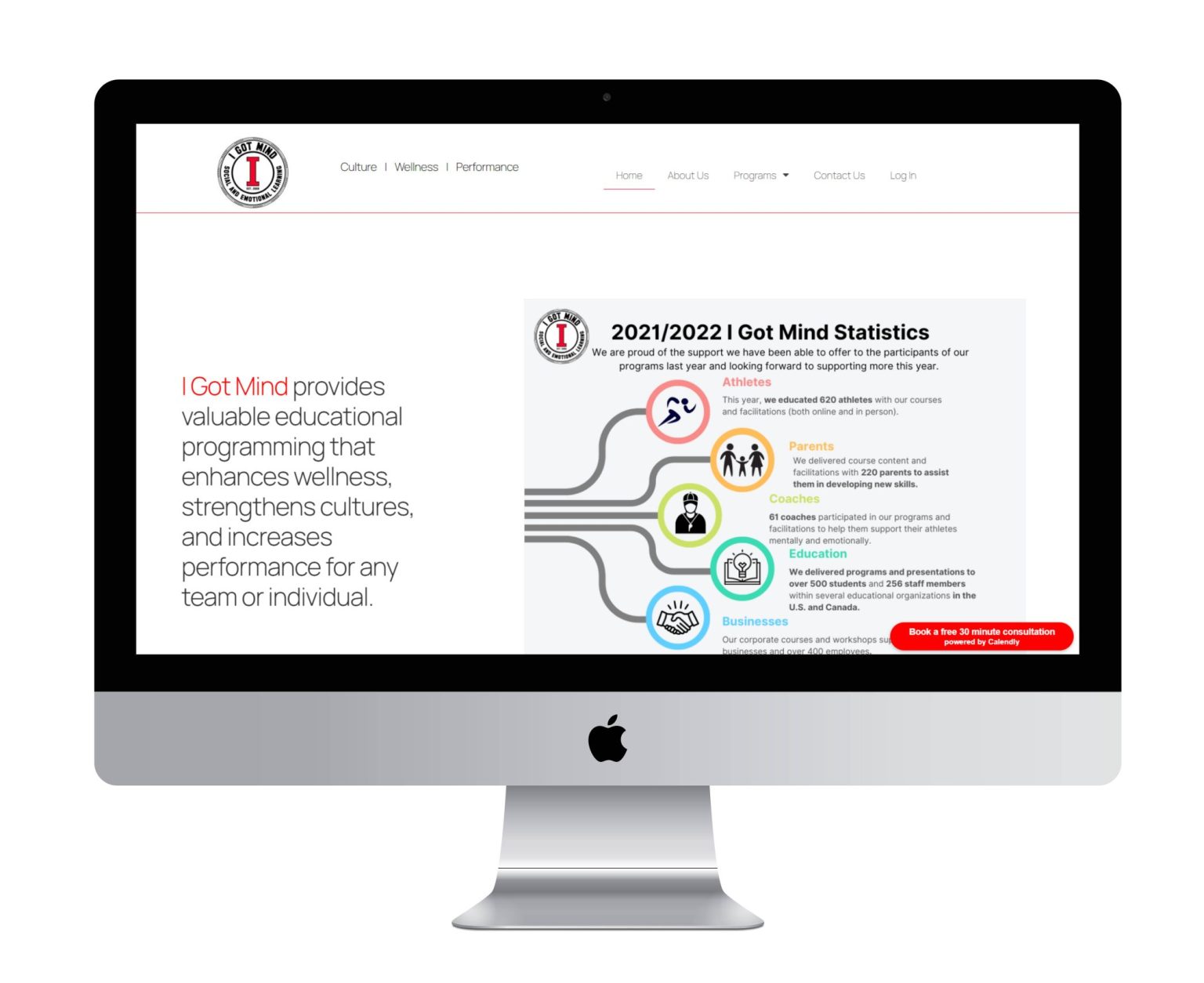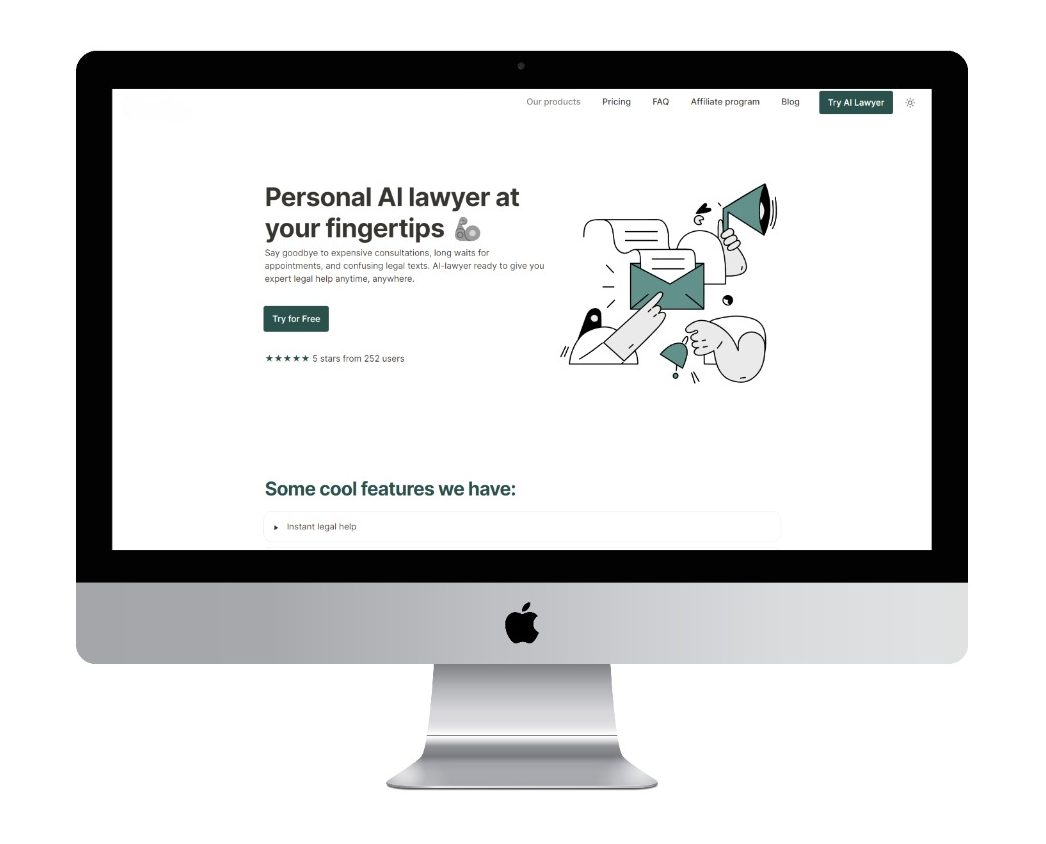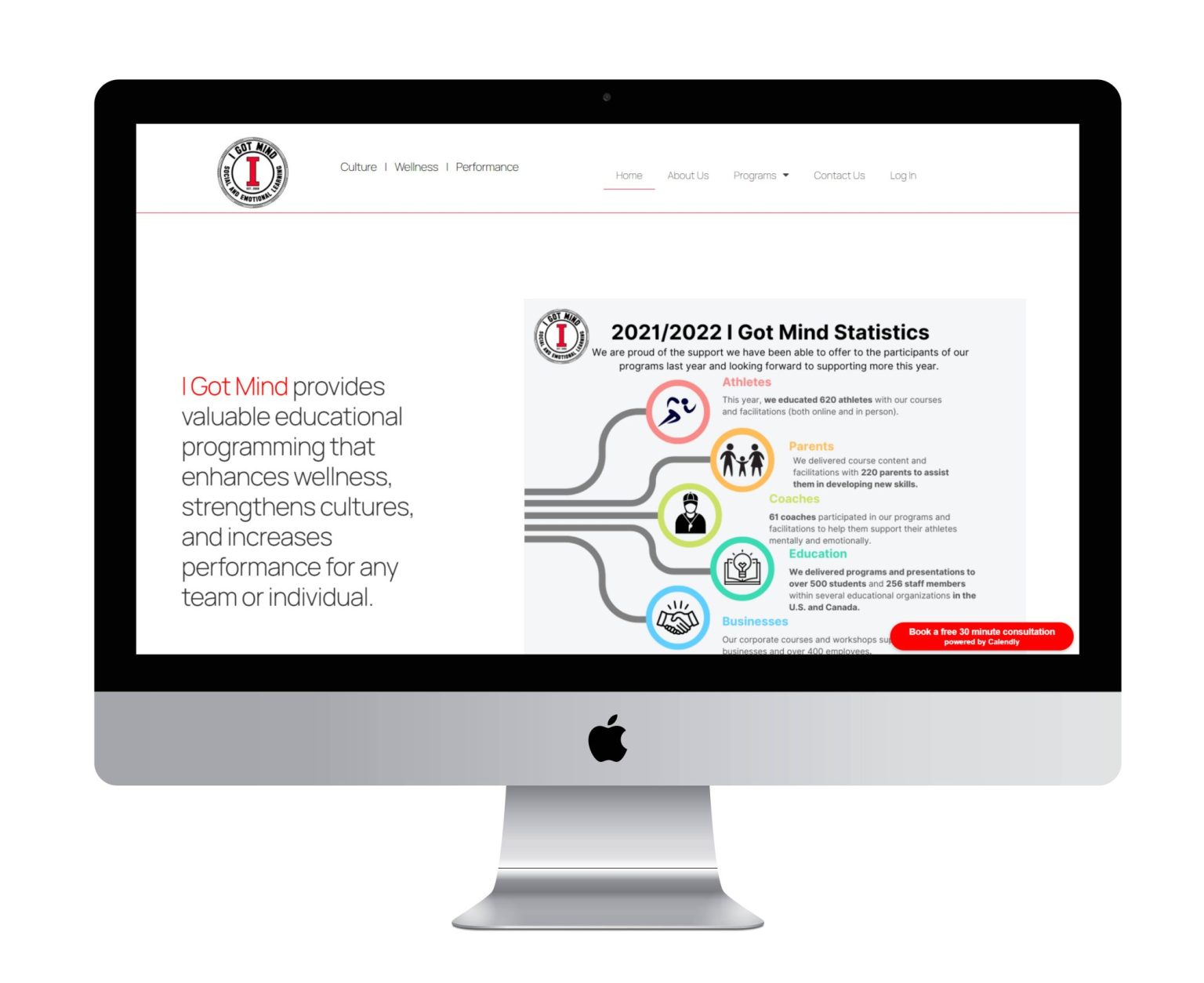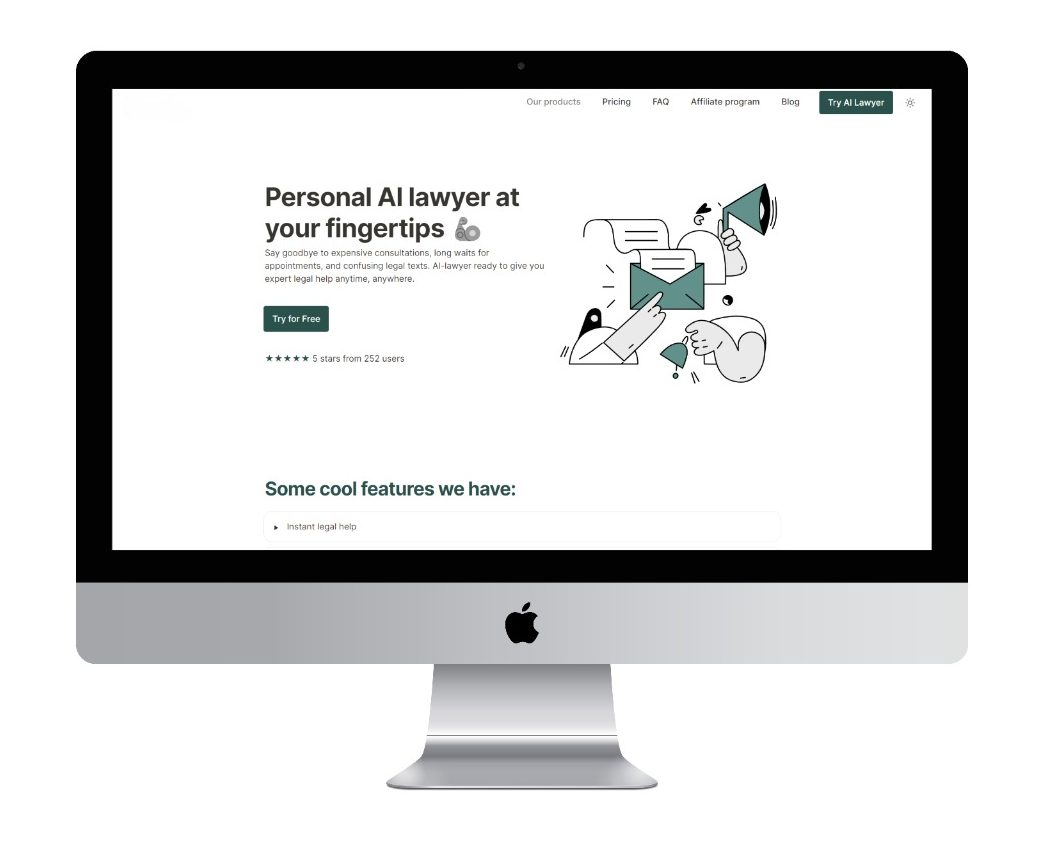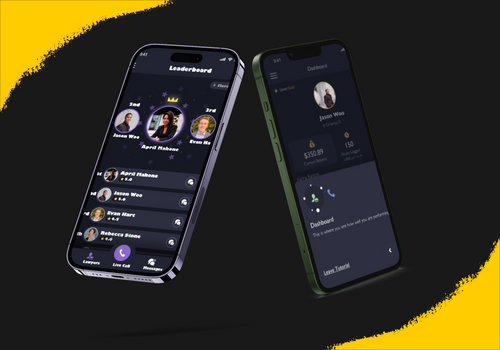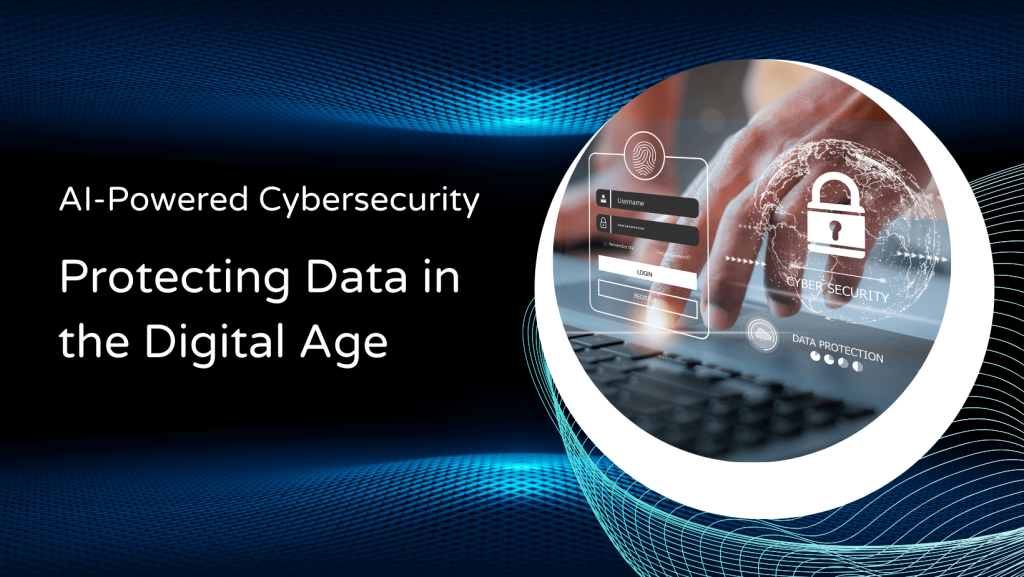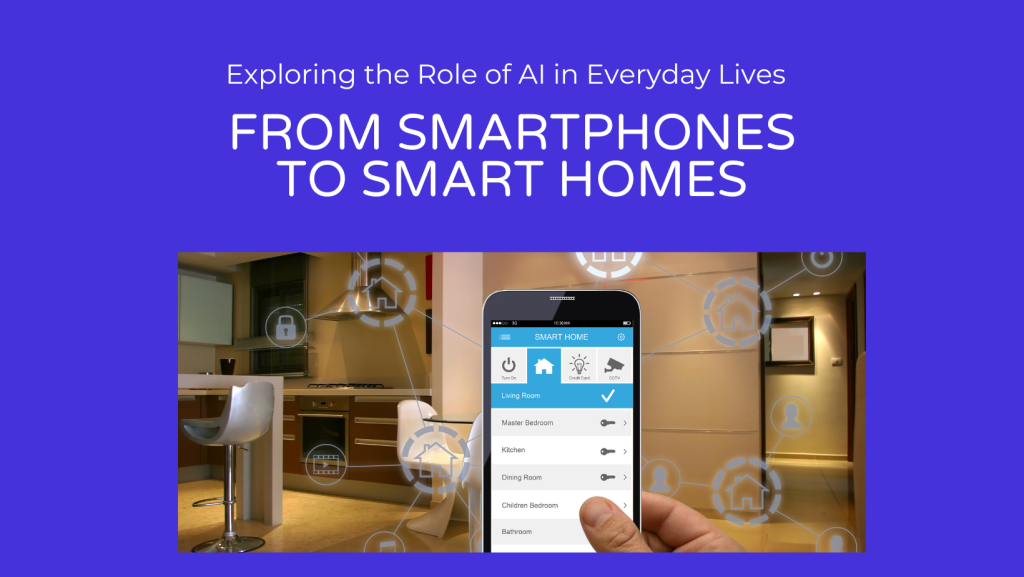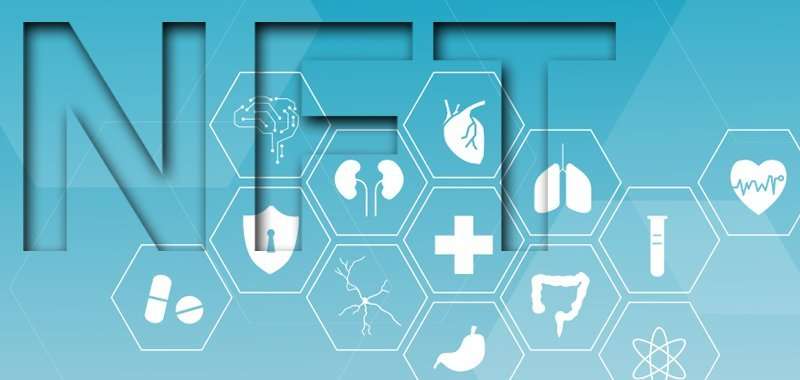There is a lot of buzz surrounding NFTs (non-fungible tokens) in the healthcare industry these days. In this blog post, we’ll explore how NFTs can revolutionize the way healthcare is delivered and managed. We will discuss the different uses for NFTs in the healthcare industry, and the potential benefits they could offer.
NFTs are digital assets, stored on a blockchain. This enables secure and immutable records, which makes them ideal for use in healthcare applications. NFTs, for instance, can be used to track and secure drug supply chains, manage patient records and medical histories. By using NFTs, healthcare providers can ensure that all patient information is accurate, secure, and up-to-date.
NFTs can also facilitate the payment for medical services. Healthcare providers can securely and quickly process payments for services by using NFTs. It eliminates the need for time-consuming and costly paper-based transactions. Additionally, NFTs can be used to give rewards and incentives to patients. It helps to encourage them to adhere to their treatment plans.
NFTs can be used to securely store and share medical images and scans, such as X-rays and CT scans. Healthcare providers can ensure that patient images are securely stored and shared without the need for physical media through NFTs.
Also Read – Top 5 NFT Trends in 2023
Optimizing the supply chain for blood banks
The requirement for effective supply chain management is rising along with the demand for blood donations. Non-Fungible Tokens are a technique to ensure that blood banks have an effective supply chain. NFTs are tokens used to track and confirm the possession, veracity, and transfer of a certain asset. To make sure that blood is correctly handled and distributed, blood banks can employ NFTs to trace the blood’s source, transit, and distribution.
NFTs provide blood banks wanting to optimize their supply chain with a number of advantages. They first provide a secure and impermanent record of the source, movement, and distribution of the blood. This can make sure that the blood is utilized safely and kept appropriately.
NFTs can be used to manage blood donations by keeping track of who contributed blood and when it was collected. With the help of this information, blood donations can be made from healthy individuals who won’t put other people in danger of contracting illnesses.
Blood can be controlled as it travels from the bank to the receiver using NFTs. This makes it possible to trace the blood’s location in real time and can ensure that it gets there swiftly and safely. This is especially important in urgent situations where immediate access to blood is essential.
Finally, blood donations can be monitored by NFTs to ensure the right patient receives them. This is crucial when dealing with unusual blood types and illnesses as it can ensure that the correct donor and recipient are matched.
In general, NFTs can be a useful tool for blood banks to improve their supply chains. NFTs can ensure that the blood is handled and distributed properly on time by offering secure and immutable records of the blood’s source, transit, and distribution. Additionally, they can help with blood donation management and ensure that the right patient receives the blood quickly.
Allowing patients to control and monetize their data
The value of health information is escalating in the new digital environment. The relevant information can be used to develop innovations in healthcare that can help save lives, from scientific research to drug research. However, access to this information has not been available from a long time to healthcare facilities, businesses, and other organizations that typically have financial goals in mind.
This is why the idea of allowing patients to manage and earn money from their data using non-fungible tokens (NFTs) is gaining popularity. Data may be stored safely and its ownership can be traced using NFTs, a type of digital asset. Patients can control over who can access their data and how it is used by being given the ability to store, manage, and profit from it by using NFTs.
For instance, a patient may decide to consent to the access and use of their data by research organizations to conduct a medical study. In return, the patient might get an NFT token that can be redeemed for products, services, or money. Patients would have more control over their data and be incentivized to share it as a result.
Furthermore, NFTs can be used to develop a trustworthy market where patients can trade their data. Alternatively, a patient may choose to sell their data to a healthcare company for drug research. In consideration of their data, the patient can specify a price and collect payment in the form of an NFT. Patients may have new opportunities to monetize their data, and they will also have more control over who uses it.
Overall, empowering patients through the use of NFTs to manage and monetize their data is a terrific strategy to promote responsible and ethical data use. NFTs can assist in establishing a safe and open market for data by allowing patients to choose who has access to and how to use their data. In the long run, this might help patients and healthcare professionals both and result in advancements in medical study and drug development.
Securing the data from health-tracking apps
As our lives become progressively more reliant on technology to maintain our well-being and stay in shape, the use of healthcare applications has gained in popularity. These apps acquire sensitive data about their users, such as their body weight, pulse rate, sleeping patterns, exercise levels, and more. Although this info may become useful in assisting us in managing our health and fulfilling our fitness objectives, it is also important to protect the confidentiality of our information.
Think about Non-Fungible Tokens (NFTs). The security of the data gathered by health-tracking apps can be ensured using NFTs, a novel technology. NFTs are a type of digital asset that is cryptographically secured and can be used to trace digital ownership and uphold data integrity. Users who use NFTs can be confident that their data is stored securely and accessible by only those who are allowed to do so.
NFTs provide a higher level of security for health-tracking apps than other technologies can. By using NFTs to encrypt the data, data collection and storage on the blockchain can be made secure and private. NFTs can be used to verify that the data being accessed was actually collected by the health tracking app. Hackers or other bad actors will find it nearly impossible to gain access and use the data for their benefit.
NFTs are a good asset for protecting the data obtained by health-tracking apps. The data can be made secure and private by encrypting it and confirming its authenticity using NFTs. Health-tracking apps can be made even more engaging for users by leveraging NFTs to develop a rewards system that allows users to earn tokens for using the app and sharing their data.
Supporting the fight against counterfeit pharmaceuticals
As society continues to grapple with the increasing prevalence of counterfeit pharmaceuticals, there is a growing need to find new and innovative ways to tackle the problem. One potential solution lies in the use of Non-Fungible Tokens (NFTs).
Pharmaceuticals can also be tracked and authenticated using NFTs, which are digital tokens that are intended to represent ownership of a specific asset. Pharmaceutical firms can monitor the legitimacy of their products as they move through the supply chain by deploying NFTs, offering a safe and transparent method to thwart counterfeiting.
NFTs can be used to develop smart contracts that give consumers incentives to buy authentic products in addition to tracking the authenticity of things. These smart contracts might be used to give discounts or rewards to customers who buy genuine goods. It will motivate them to stay away from counterfeit goods.
Moreover, NFTs can be used to develop a searchable database among all pharmaceutical products, making it simple for medical experts to notice and stay clear of fake medicines. This would make it easier for medical professionals to make sure they are giving their patients safe and efficient treatments.
Finally, NFTs offer a potent and cutting-edge instrument to assist in the struggle against fake drugs. NFTs can offer a secure and open method to guard against counterfeiting and assure that only genuine goods are delivered to customers by enabling secure tracking, smart contracts, and public databases.
